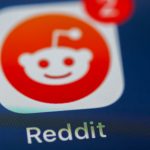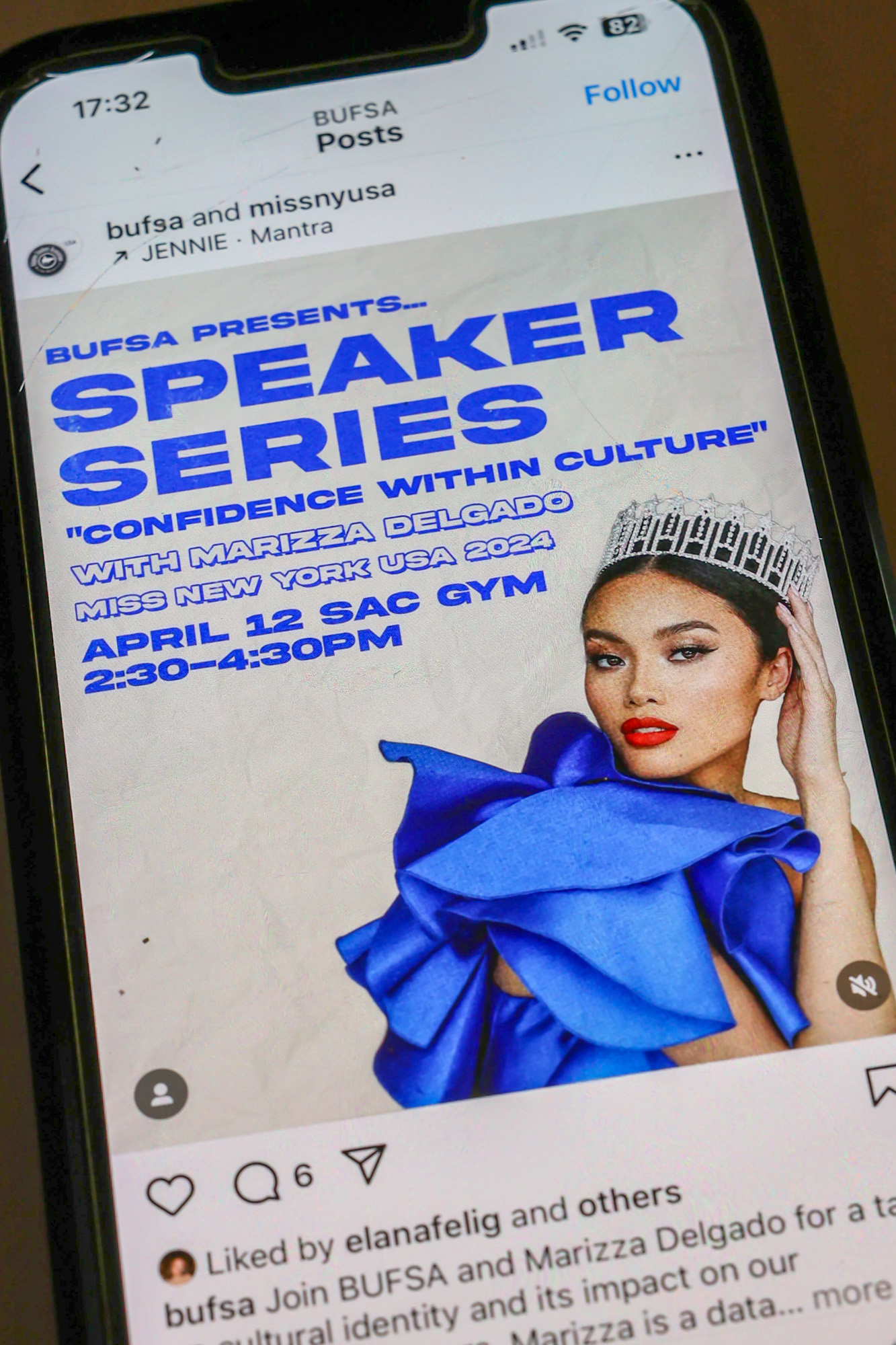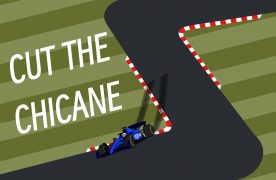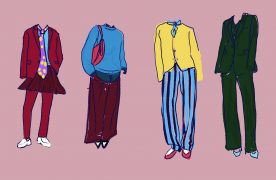When I was young, I could spend an entire day reading. Throughout elementary school, I spent my Saturdays consuming “The Series of Unfortunate Events,” “Goosebumps” and the “Magic Tree House” series. Once I finished a book, I often returned to page one and started reading it again, simply for the joy of reliving the story.
More than a decade later, I envy my former self’s ability to sit down and luxuriate in literature. What used to be pleasure has now become laborious. This past summer, I attempted to read “Atlas Shrugged” — Ayn Rand’s 1,078-page oeuvre that had been collecting dust on my shelf. I tried in good earnest to finish it. But every 20 pages or so, I lost concentration.
Distracted, I looked up from my book and reached for my phone to Google “Rand and objectivism,” only to soon go down a rabbit hole where I began to watch YouTube videos about what life was like in Soviet Russia. Then, I eventually found myself firing up “Schitt’s Creek” on Netflix, buying an HDMI cable on Amazon and ordering sushi on DoorDash. I realized just how much the internet has wreaked havoc on my attention span.
I began to research how the web has affected human cognition. My findings weren’t surprising. In article after article, the major through-line was the resounding affirmation that the internet has caused us to be more scatterbrained.
In a 2019 Vox report, Richard Davidson, a neuroscientist at the University of Wisconsin-Madison is quoted, saying, “Our attention is being captured by devices rather than being voluntarily regulated. We are like a sailor without a rudder on the ocean — pushed and pulled by the digital stimuli to which we are exposed rather than by the intentional direction of our own mind.”
He goes on to say how around the world, we have an attention deficit due to a daily bombardment of texts, emails, DMs and calls — the list goes on. Some of our media consumption is voluntary — such as when we deliberately follow a celebrity on Twitter. Oftentimes, it is not, like when a Google pop-up ad appears or when our data is sold — and then resold — to third parties.
Because we don’t know the long-term effects of media usage on human thinking, Davidson cautions people to cut back on their digital diets. However, it is becoming increasingly difficult to do so, especially after this past year of lockdown, which accelerated our dependency on the internet.
“[The Net] is becoming our map and our clock, our printing press and our typewriter … our radio and TV,” writes Nicholas Carr in The Atlantic’s “Is Google Making Us Stupid?” Though he wrote this line in 2008, his argument is even more timely now.
Carr illuminates how the internet has cannibalized and monopolized many other forms of mass media. As Carr points out, when the Web absorbs a new medium, that medium is adapted to adhere to the internet’s own set of rules and aesthetics.
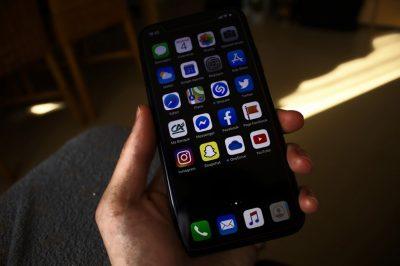
News stories, blog posts and email campaigns are now bedazzled with hyperlinks. Watch one video on most streaming platforms, and another instantly loads with a series of ads as an intermission. All these bells and whistles are designed to divert our attention, increase page clicks and satisfy the desires of marketers and advertisers.
None of this is new information.
Media outlets themselves have been covering these trends in mass communication trends for years. The consensus? Yes, there’s been a surge in digital flotsam, but there are ad-blockers, and we don’t have to click on hyperlinks. However, this problem is much more complicated to unpack.
Media theorist Marshall McLuhan asserts that a medium — like ‘the Net’ — isn’t just a passive platform to enjoy a film or book. The web has an indelible influence on us. What we consume online shapes not just what we think but how we think. Once I understood McLuhan’s insights, I better understood why my thoughts resembled inspirational maxims and political platitudes that I read on Facebook and Twitter.
Because of this conflation of message and medium, it has become challenging to think critically. For me, it’s as if my neural circuitry has been re-wired to believe that a meaningful conversation should be limited to 280 characters.
Sometimes, I don’t feel like a writer but a seamstress who stitches together a patchwork of quip phrases that algorithms have fed me. Sometimes, I wonder how much of what I think and believe is coming from me anymore, or if life has been reduced to a simulacrum.
I long for those lazy days in my childhood where I was absorbed in a novel from dawn until dusk. Now, things are different because the world is different. Now, the stories that I consume are more laconic and adrenalized. And they are all aggregated into the playbook that we all read from: the internet.



